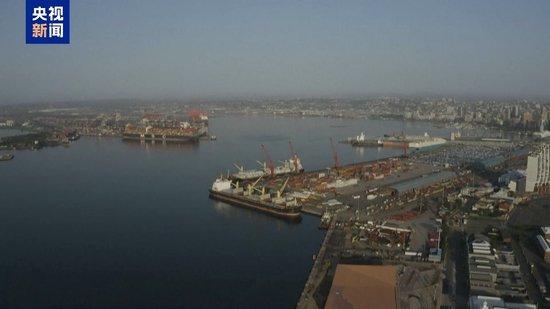
On July 31, U.S. President Donald Trump signed an executive order that established new tariff rates on dozens of countries and regions, including a 30% tariff rate on South Africa. During an interview with China’s CCTV, South African economist Jamin pointed out:
The so-called “reciprocal tariffs” policy by the United States is underpinned by clear political manipulation intent—countries with unfavorable foreign policies are likely targets for the American trade hegemony.
South African economist Jamin:
I believe that the imposition of a 30% tariff on South Africa primarily stems from political considerations. South Africa has some issues that have not pleased the United States—South Africa sued the International Court of Justice over Israel’s implementation of genocide; the South African government implemented policies to empower black people, while some U.S. politicians have labeled these as acts of “genocide against whites.”
On July 31, the South African Department of Trade, Industry and Competition released a statement stating that in response to the U.S. government’s tariff policy, South Africa has initiated emergency measures. These include providing export enterprises with consulting platforms, market guidance, and promoting diversified market development. The statement highlighted that the U.S. move poses a direct threat to South Africa’s export capabilities, particularly in critical sectors such as automobiles, agriculture, and steel. The South African government is committed to supporting domestic employment and providing policy support to export enterprises to ensure the export industry remains resilient and competitive.
Trump’s tariff policies impact the global economy.